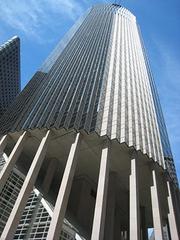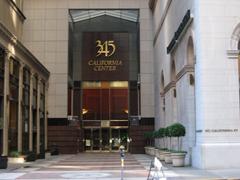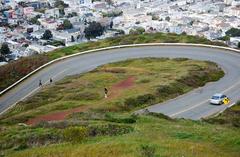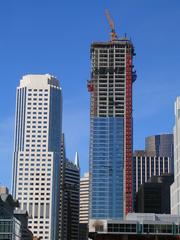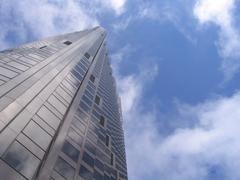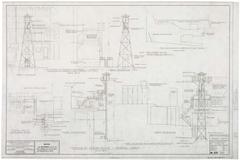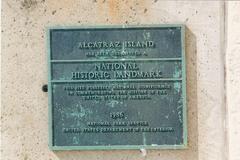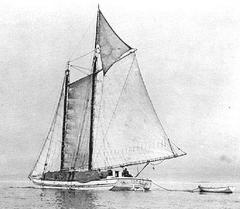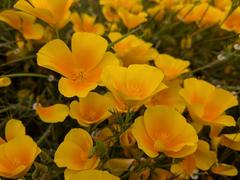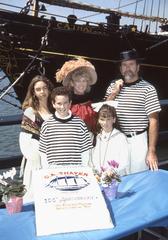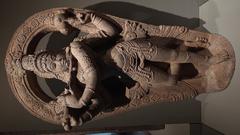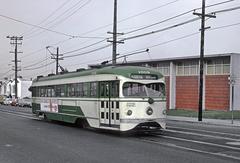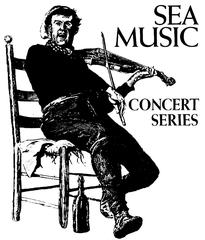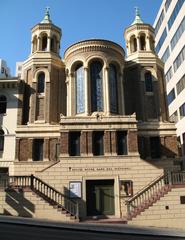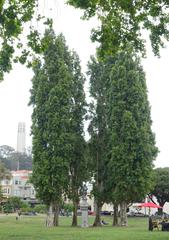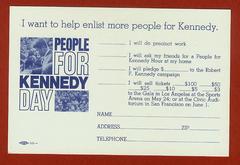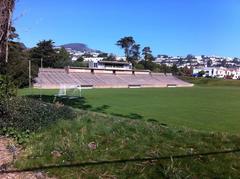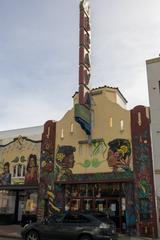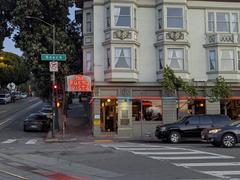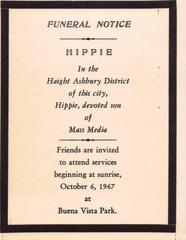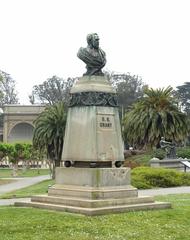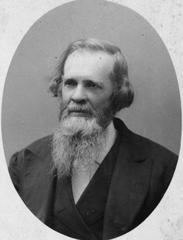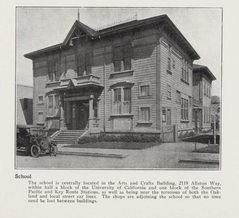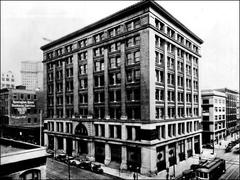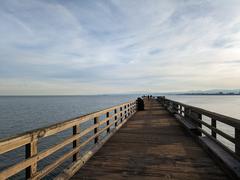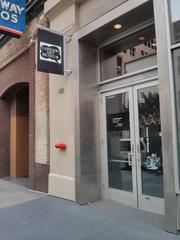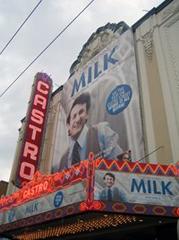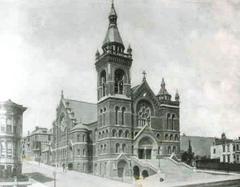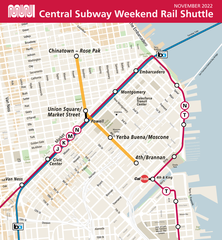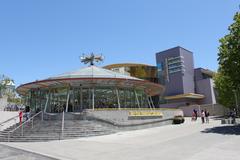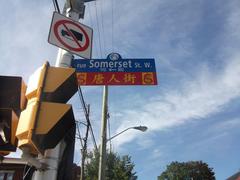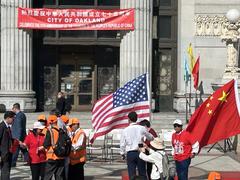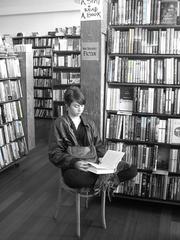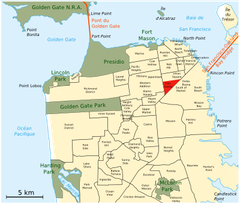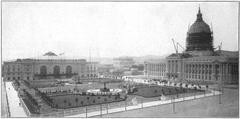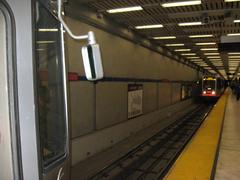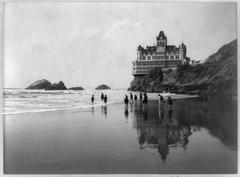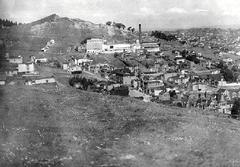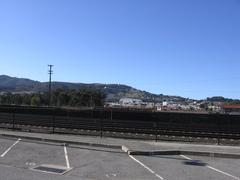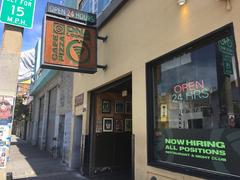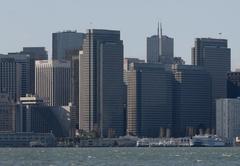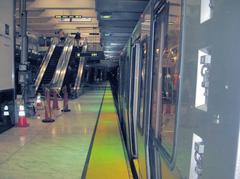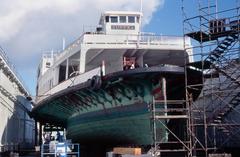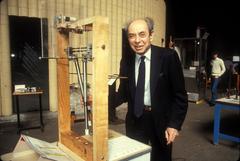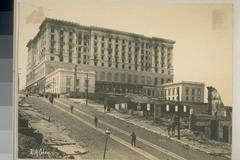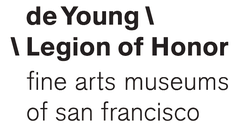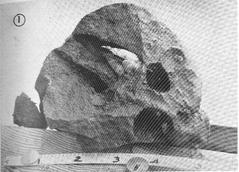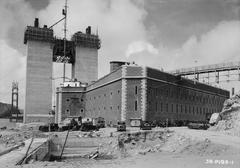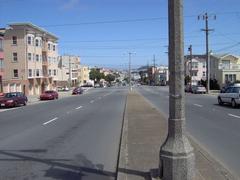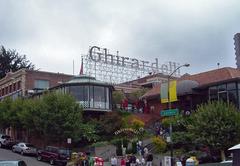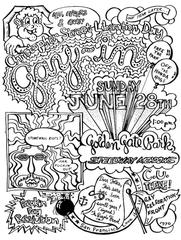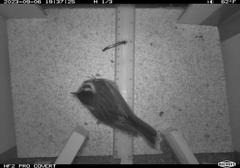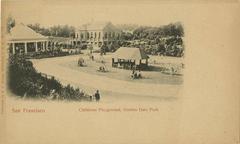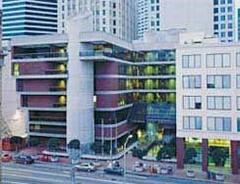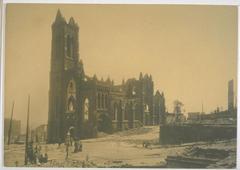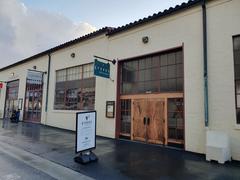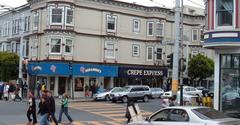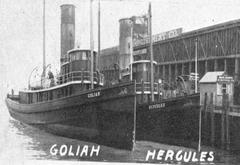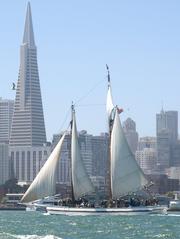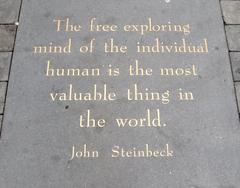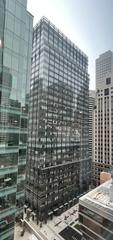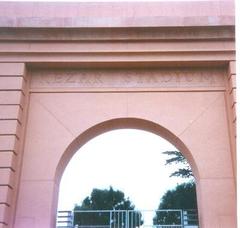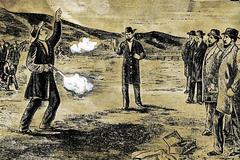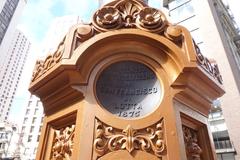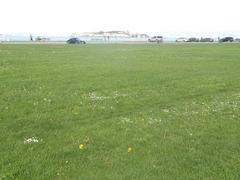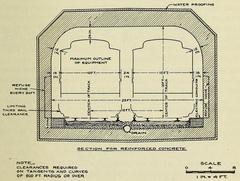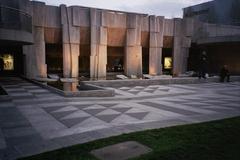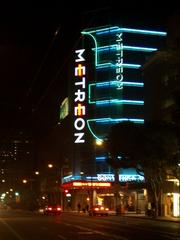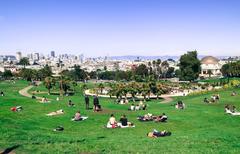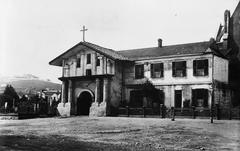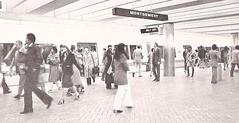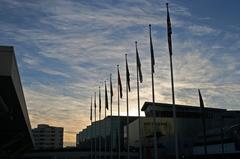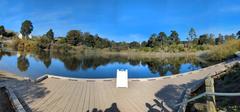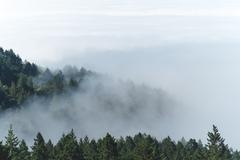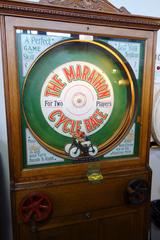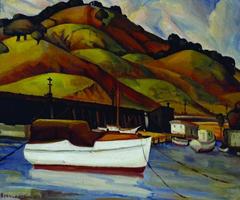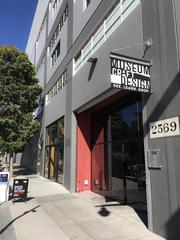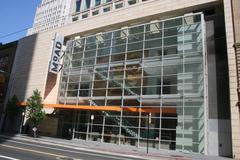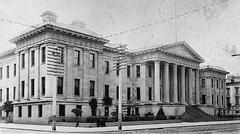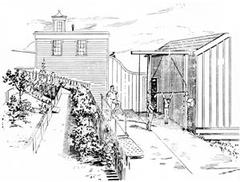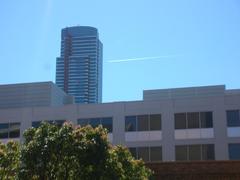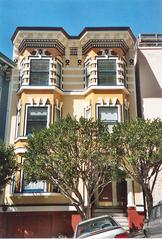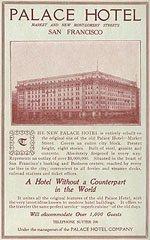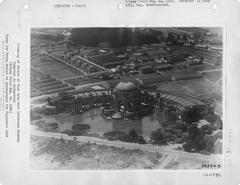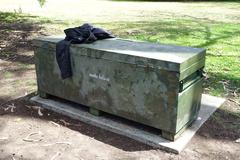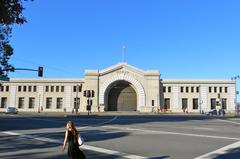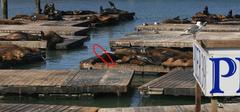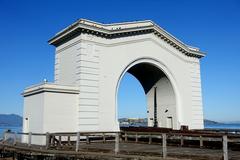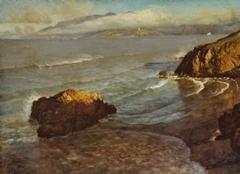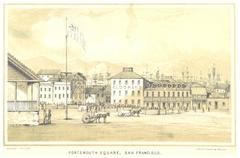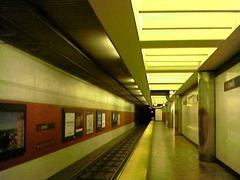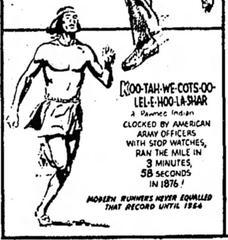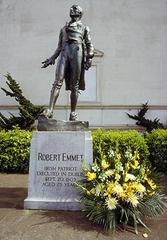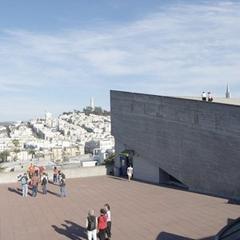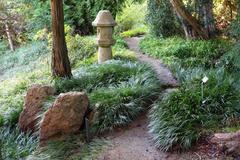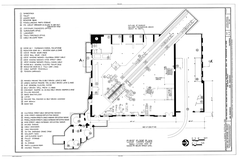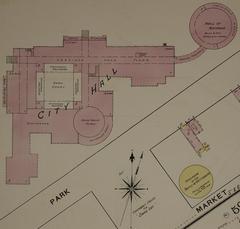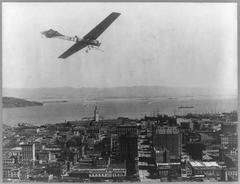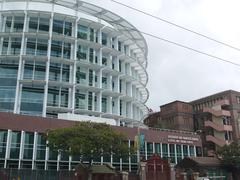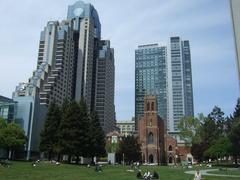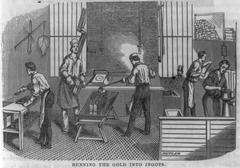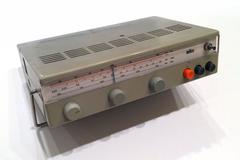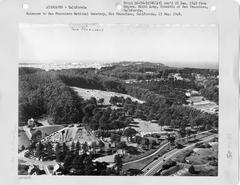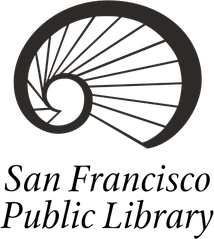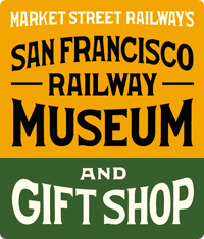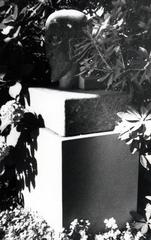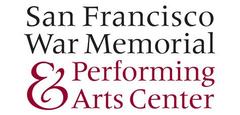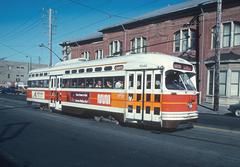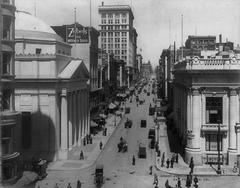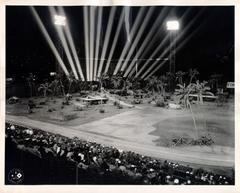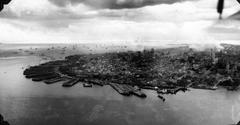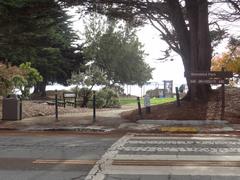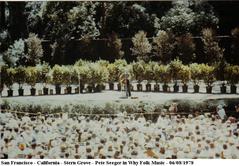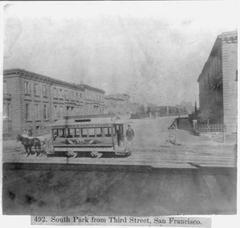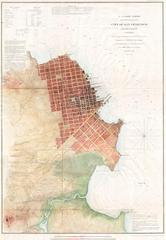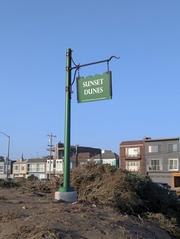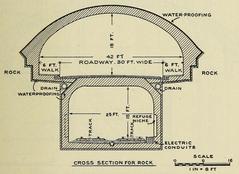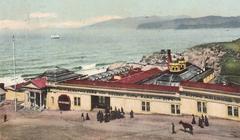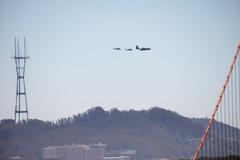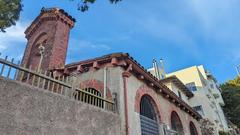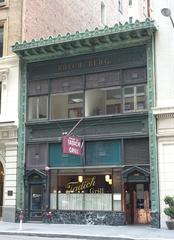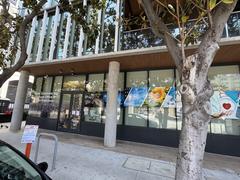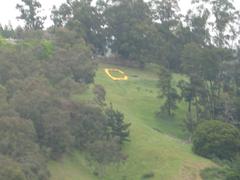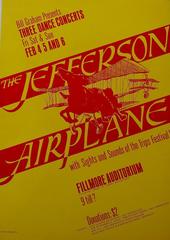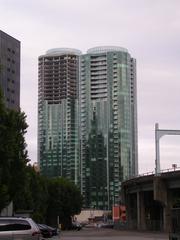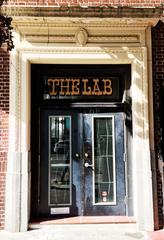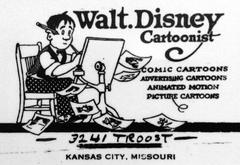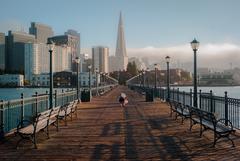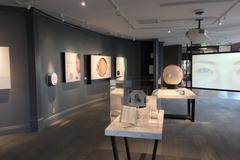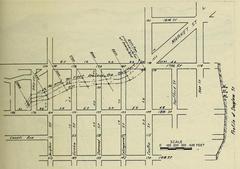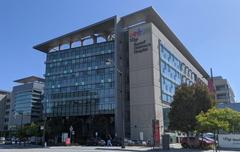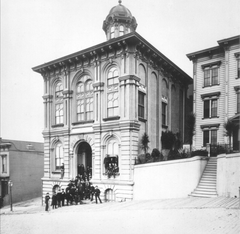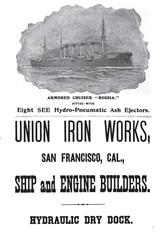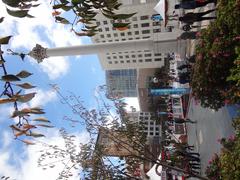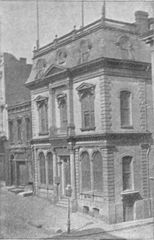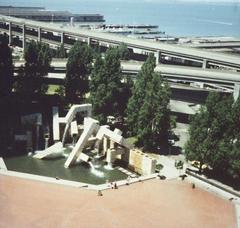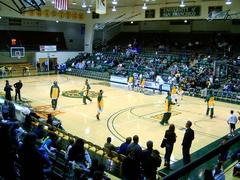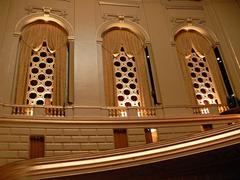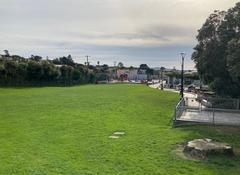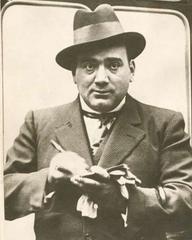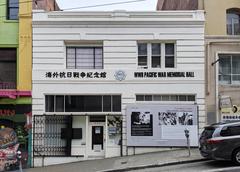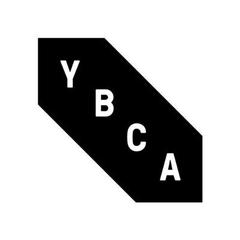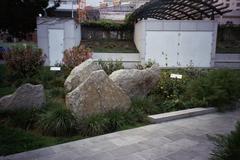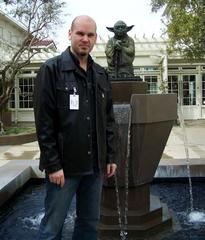
Chinese Consolidated Benevolent Association, San Francisco
Chinese Consolidated Benevolent Association San Francisco: Visiting Hours, Tickets, and Historical Significance
Date: 04/07/2025
Introduction
The Chinese Consolidated Benevolent Association (CCBA), historically known as the Chinese Six Companies, is a cornerstone of San Francisco’s Chinatown. Established in the 1850s, the CCBA has played a pivotal role in shaping the social, legal, and cultural landscape of Chinese America. Today, it stands not only as a monument to resilience and community organization but also as an active hub for cultural preservation, advocacy, and education. This comprehensive guide details the CCBA’s rich history and ongoing impact, while providing up-to-date information on visiting hours, accessibility, guided tours, and travel tips for anyone seeking to experience this iconic institution firsthand.
Table of Contents
- Historical Overview
- Cultural and Social Significance
- Visiting Information
- Visitor Experience
- Frequently Asked Questions (FAQ)
- Preservation and the Future
- Plan Your Visit
- References
Historical Overview
Founding and Early Role
The CCBA was established in response to the challenges faced by Chinese immigrants during the California Gold Rush and the construction of the transcontinental railroad. By uniting six district associations, known as the “Six Companies,” the CCBA provided social, legal, and economic support at a time when Chinese immigrants encountered widespread discrimination and exclusionary laws. Serving as a de facto city hall, it mediated disputes, organized community events, and coordinated mutual aid (FoundSF).
Legal Advocacy and Milestones
A hallmark of the CCBA’s legacy is its advocacy for civil rights. The association played a crucial role in supporting the landmark 1898 Supreme Court case, United States v. Wong Kim Ark, which affirmed birthright citizenship for individuals born on U.S. soil. The CCBA has consistently provided legal aid and represented the community in challenges against exclusionary legislation, including the Chinese Exclusion Act of 1882 (FoundSF).
Social Services and Records
Beyond legal advocacy, the CCBA has a long history of organizing fundraising drives, supporting schools and temples, and coordinating disaster relief. Its archives—containing meeting minutes, correspondence, photographs, and legal documents—offer profound insights into the Chinese American experience. A digitization initiative, led by historians and UC Berkeley collaborators, seeks to preserve these invaluable records for future generations.
Cultural and Social Significance
Cultural Preservation
The CCBA safeguards Chinese traditions, language, and festivals, ensuring continuity across generations. It has historically organized and sponsored major cultural events, including Lunar New Year celebrations, Dragon Boat Races, and Mid-Autumn Festivals, helping to anchor Chinatown’s unique identity (CuddlyNest).
Architectural Legacy
Rebuilt in 1908 after the devastating 1906 earthquake, the CCBA’s headquarters at 843 Stockton Street is a striking example of Sino-American architecture. Its ornate rooflines, red columns, decorative balconies, and vibrant color palette reflect a conscious effort to preserve Chinese cultural aesthetics while establishing a distinct presence within San Francisco’s urban landscape (CHSA Chinatown Walking Tour Map, Wind Newspaper).
Education and Community Advocacy
The CCBA has sponsored Chinese language schools and educational programs, promoting bilingualism and biculturalism among Chinese American youth. Its leadership mediates community disputes, provides support for new immigrants, and offers a platform for civic engagement.
Visiting Information
Location and Access
- Address: 843 Stockton Street, San Francisco, CA 94108 (Wind Newspaper)
- Nearby Landmarks: Portsmouth Square, Kong Chow Temple, Chinese Historical Society of America Museum
The CCBA is easily accessible by public transportation, including Muni bus lines and San Francisco’s cable car system. Parking in Chinatown is limited; nearby public garages or parking apps may be useful (Free Tours by Foot).
Visiting Hours and Admission
- Public Access: The CCBA is primarily an administrative and community headquarters. There are no regular public visiting hours or ticketed tours. Access to the interior is generally restricted to special events, such as the association’s anniversary celebrations or public presentations (Wind Newspaper).
- Admission: Free; no tickets required for viewing the exterior or attending public events.
Guided Tours and Events
- Guided Tours: The CCBA is often featured on Chinatown heritage walking tours, which provide historical context and include stops at nearby sites. For interior access, check for special events or contact local tour operators (CuddlyNest; CHSA Chinatown Walking Tour Map).
- Special Events: The association participates in major Chinatown festivals such as Lunar New Year and Mid-Autumn Festival, during which the building may be more accessible to the public.
Accessibility
- Physical Accessibility: The building’s historic architecture may limit wheelchair access to some areas. The main entrance and ground floor can generally accommodate visitors with mobility challenges. For specific accommodations, contact the CCBA in advance.
- Terrain: Located on a moderately steep hill; comfortable walking shoes are recommended.
Travel Tips and Nearby Attractions
- Combine your visit with a walk through Chinatown’s historic streets, a stop at the Chinese Historical Society of America Museum, or a visit to Kong Chow Temple.
- The building’s ornate exterior makes for excellent photography, especially during festivals.
- Use public transit for convenience, as parking is limited.
Visitor Experience
Respectful Engagement
As an active community institution, the CCBA’s primary functions are administrative and cultural. Visitors are welcome to appreciate the exterior and, during select public events, may be able to tour the interior. Please respect the privacy and ongoing community work within the building.
Educational Resources
The CCBA collaborates with the Chinese Historical Society of America and other organizations to provide educational materials and exhibits on Chinese American history. These offer valuable context for visitors and researchers alike.
Frequently Asked Questions (FAQ)
Q: Can I tour the CCBA building?
A: Regular public tours are not available, but special events may offer limited access to the interior.
Q: What are the visiting hours?
A: The building does not have set public visiting hours; public access is generally limited to special occasions.
Q: Is admission free?
A: Yes, admission is free for exterior viewing and public cultural events.
Q: Is the building wheelchair accessible?
A: Accessibility is limited due to the historic nature of the building. Contact the CCBA directly to inquire about accommodations.
Q: What nearby attractions should I visit?
A: Portsmouth Square, Kong Chow Temple, the Chinese Historical Society of America Museum, and the vibrant shops and eateries along Stockton Street and Grant Avenue.
Q: Are guided tours available?
A: Many Chinatown walking tours include the CCBA as a highlight. Check with local tour operators or the Chinese Historical Society of America.
Q: Can I take photographs?
A: Photography of the exterior is encouraged; interior photography may be restricted and should be requested during special events.
Preservation and the Future
The CCBA is actively digitizing its archives and collaborating with academic institutions such as UC Berkeley to ensure the ongoing preservation and accessibility of Chinese American historical records. These efforts safeguard the legacy and contributions of San Francisco’s Chinatown for future generations (FoundSF).
Plan Your Visit
- Official CCBA Website: ccbasf.org
- San Francisco Chinatown Visitor Information: freetoursbyfoot.com
- Chinese Historical Society of America: chsa.org
- Chinatown Walking Tour Map: CHSA Chinatown Walking Tour Map
- Wind Newspaper Article on CCBA 175th Anniversary: Wind Newspaper
Enhance your experience by downloading the Audiala app for guided tours, audio narratives, and up-to-date visitor tips. Follow the CCBA and Chinatown organizations on social media for the latest event announcements.
Visuals and Media Suggestions
Include high-quality photographs of the CCBA building’s exterior, interior (if available), historical artifacts, and community celebrations. Use keyword-rich alt text such as “CCBA Building San Francisco Chinatown exterior” to optimize for search engines.
References
- Chinese Consolidated Benevolent Association Official Site
- Guide to San Francisco Chinatown – CuddlyNest
- CCBA 175th Anniversary – Wind Newspaper
- Chinese Historical Society of Southern California
- Chinatown Walking Tour Map – CHSA
- Free Tours by Foot: San Francisco Chinatown
- FoundSF: The Six Companies


